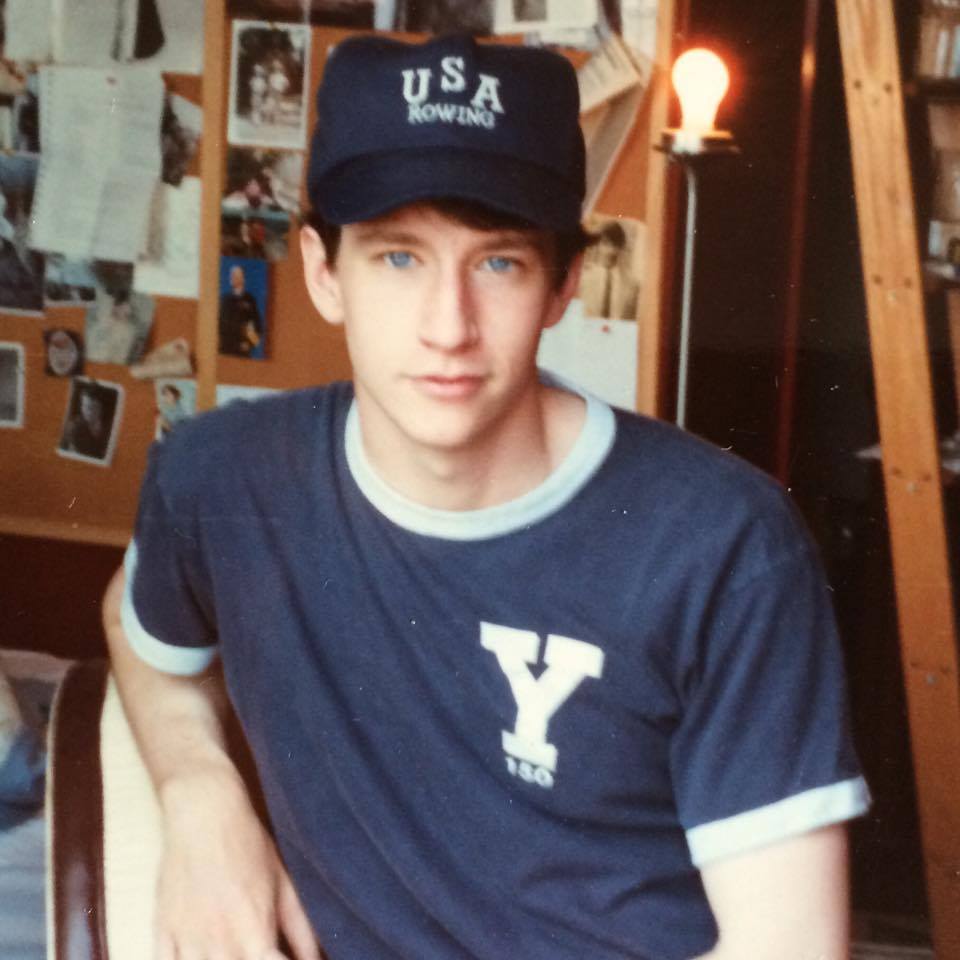Anderson Cooper, a name synonymous with trusted journalism, began his journey long before he became a household name. His early years were filled with experiences that shaped him into the journalist we know today. This article will delve into the young Anderson Cooper, exploring his background, education, and the formative moments that influenced his career.
As a prominent figure in American news, Anderson Cooper has made significant contributions to journalism, particularly through his work with CNN. Born into a family of wealth and privilege, his path was influenced by his upbringing, yet he carved his own identity in the competitive world of news reporting. Understanding his youth provides insight into the values and skills that propelled him to success in the media industry.
This comprehensive exploration will cover various aspects of Anderson Cooper's early life, including his family background, education, and early career experiences. By examining these facets, we can better appreciate how his formative years laid the groundwork for his later achievements and impact on journalism.
Table of Contents
- 1. Family Background
- 2. Early Education
- 3. College Years
- 4. Early Career
- 5. Key Influences
- 6. Personal Life
- 7. Recognition and Accomplishments
- 8. Conclusion
1. Family Background
Anderson Cooper was born on June 3, 1967, in New York City to a prominent family. His mother, Gloria Vanderbilt, was a renowned artist and fashion designer, while his father, Wyatt Emory Cooper, was a writer and a television producer. Growing up in such a high-profile family introduced Anderson to the world of media and creativity at an early age.
1.1 Early Influences
Living in a household filled with artistic expression and intellectual stimulation, Anderson was profoundly influenced by his mother's artistic pursuits and his father's storytelling abilities. This environment nurtured his curiosity and passion for communication and storytelling.
2. Early Education
Anderson attended the Dalton School, a prestigious private school in New York City known for its progressive education. Here, he was encouraged to think critically and express himself freely. It was during these formative years that Anderson developed a keen interest in journalism and storytelling.
2.1 Challenges in School
Despite his family's affluence, Anderson faced challenges during his school years. He struggled with dyslexia, which made reading and writing difficult. However, this challenge did not deter him; instead, it fueled his determination to succeed and inspired him to find innovative ways to communicate.
3. College Years
After graduating from high school, Anderson Cooper attended Yale University, where he majored in Political Science. His time at Yale was instrumental in shaping his worldview and understanding of global issues, which later became a hallmark of his journalism.
3.1 Extracurricular Activities
Beyond academics, Anderson was actively involved in various extracurricular activities, including theater and student journalism. These experiences allowed him to hone his communication skills and develop a strong sense of confidence that would serve him well in his future career.
4. Early Career
Upon graduating from Yale in 1989, Anderson Cooper began his career as a fact-checker at Channel One, a news network aimed at young audiences. His determination to break into journalism led him to seek out opportunities that would provide him with practical experience and exposure to the industry.
4.1 First Reporting Experience
In 1990, Anderson embarked on a life-changing journey to Vietnam, where he reported on the aftermath of the war. This experience solidified his commitment to journalism and provided him with firsthand insights into the importance of truthful reporting.
5. Key Influences
Throughout his early career, Anderson Cooper was influenced by several prominent journalists and figures in the media industry. Their dedication to truth and integrity inspired him to uphold these values in his reporting.
5.1 Mentorship
Anderson received guidance from established journalists, which helped him navigate the challenges of the industry. Their mentorship played a crucial role in shaping his approach to reporting and storytelling.
6. Personal Life
While Anderson Cooper is widely known for his professional achievements, his personal life also contributes to his public persona. He has often spoken about the importance of family and relationships in his life.
6.1 Family Tragedies
Anderson faced personal tragedies, including the loss of his father at a young age and the passing of his mother in 2019. These experiences profoundly impacted him, shaping his perspective on life and his approach to journalism.
7. Recognition and Accomplishments
As Anderson Cooper transitioned from his early career into a prominent role at CNN, he garnered recognition for his exceptional reporting skills. His ability to cover critical events and provide insightful analysis earned him numerous awards and accolades.
7.1 Awards and Honors
- Edward R. Murrow Award
- Peabody Award
- Emmy Awards
8. Conclusion
In conclusion, Anderson Cooper's early years were marked by a blend of privilege, challenges, and significant influences that shaped his identity as a journalist. From his family background to his educational experiences and early career, each element contributed to his success in the media industry. As he continues to navigate the complexities of journalism, Anderson remains a trusted source of information and a role model for aspiring journalists.
We encourage readers to share their thoughts on Anderson Cooper's journey or any other insights related to journalism in the comments section below. Additionally, feel free to explore more articles on our website to learn about other influential figures in the world of media.
Thank you for reading, and we hope to see you back for more engaging content!




